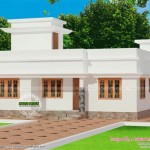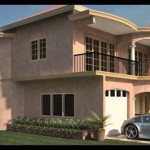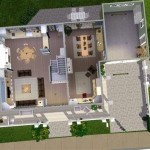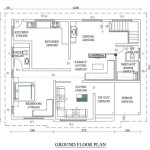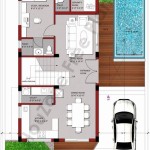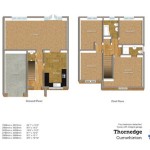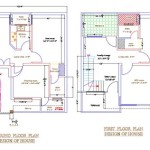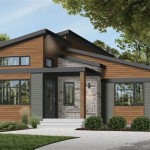Essential Aspects of Mountain Cabin Floor Plans
Mountain cabins offer a unique and serene escape from the hustle and bustle of city life. When building or renovating a mountain cabin, it's essential to carefully consider the floor plan to create a functional and comfortable living space. Here are some key aspects to keep in mind when planning the layout of your dream mountain cabin:
1. Embrace the Natural Surroundings
One of the primary advantages of mountain cabins is their proximity to nature. When designing the floor plan, make sure to incorporate large windows and doors that provide panoramic views of the surrounding landscape. This connection with the outdoors will enhance the overall ambiance of your cabin and foster a sense of relaxation.
2. Optimize Space and Light
Mountain cabins tend to be smaller than traditional homes, so it's crucial to maximize space and light in the floor plan. Open-concept designs with vaulted ceilings can create a spacious and airy feel. Include plenty of natural light through windows and skylights, as well as artificial lighting to create a warm and inviting atmosphere.
3. Consider Indoor and Outdoor Living
Mountain cabins often feature both indoor and outdoor living spaces. The floor plan should seamless integrate these areas to create a cohesive flow. A covered porch or deck connected to the living room or kitchen extends the living space outdoors and provides a place to enjoy the fresh mountain air.
4. Plan for Multi-Level Layouts
Due to the mountainous terrain, many mountain cabins incorporate multi-level layouts. These can include lofts that provide additional sleeping or storage space, or walk-out basements that create a separate living area. Carefully consider the placement of stairs and ensure that they are safe and accessible.
5. Utilize Natural Materials and Finishes
Mountain cabins are often built with natural materials such as wood, stone, and glass. Incorporate these materials into the floor plan to enhance the rustic charm of your cabin. Exposed beams, wood paneling, and stone fireplaces create a cozy and authentic atmosphere.
6. Design for Year-Round Comfort
Mountain weather can be unpredictable, so it's important to consider the climate when planning the floor plan. Insulate the cabin thoroughly to keep it warm during cold winter months. Include features such as energy-efficient windows and a wood-burning stove to create a comfortable and inviting ambiance.
7. Include Storage and Organization
Mountain cabins often require creative storage solutions. Plan for ample storage space in closets, under stairs, or in built-in cabinets. This will help keep the cabin organized and clutter-free, making it easy to maintain and enjoy.
By carefully considering these essential aspects when planning your mountain cabin floor plan, you can create a functional, comfortable, and truly memorable living space that fully embraces the beauty and serenity of the surrounding mountains.

Small Mountain Cabin Plan By Max Fulbright Designs Floor Plans House

Small Mountain House Plans Houseplans Blog Com

Browse Floor Plans For Our Custom Log Cabin Homes House Home

Small Mountain Cabin Plan By Max Fulbright Designs

Small Cabin Designs With Loft Floor Plans

Small Mountain Cabin Plan By Max Fulbright Designs

Stone Mountain Cabin Plans Tiny House Blog Sims

Cabin Floor Plan Log Home Plans House Homes

Small Mountain House Plans Houseplans Blog Com
:max_bytes(150000):strip_icc()/bitterroot-b0a6d7cc5d7c464d97a5670a4d2d3a57.jpg?strip=all)
25 Best Mountain House Plans For Your Vacation Home

